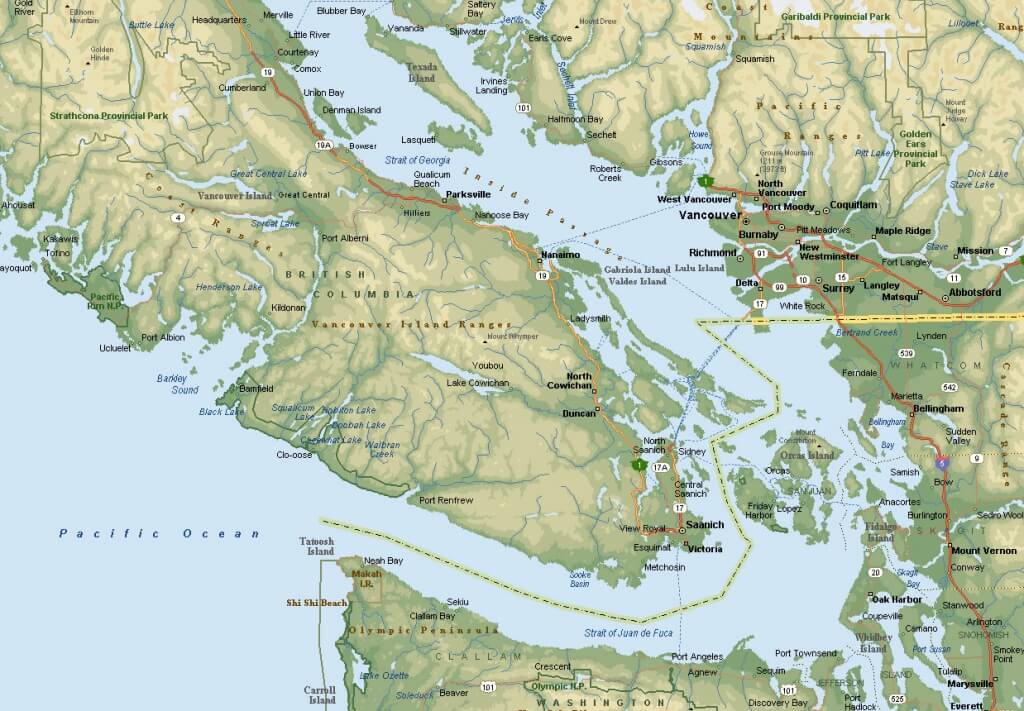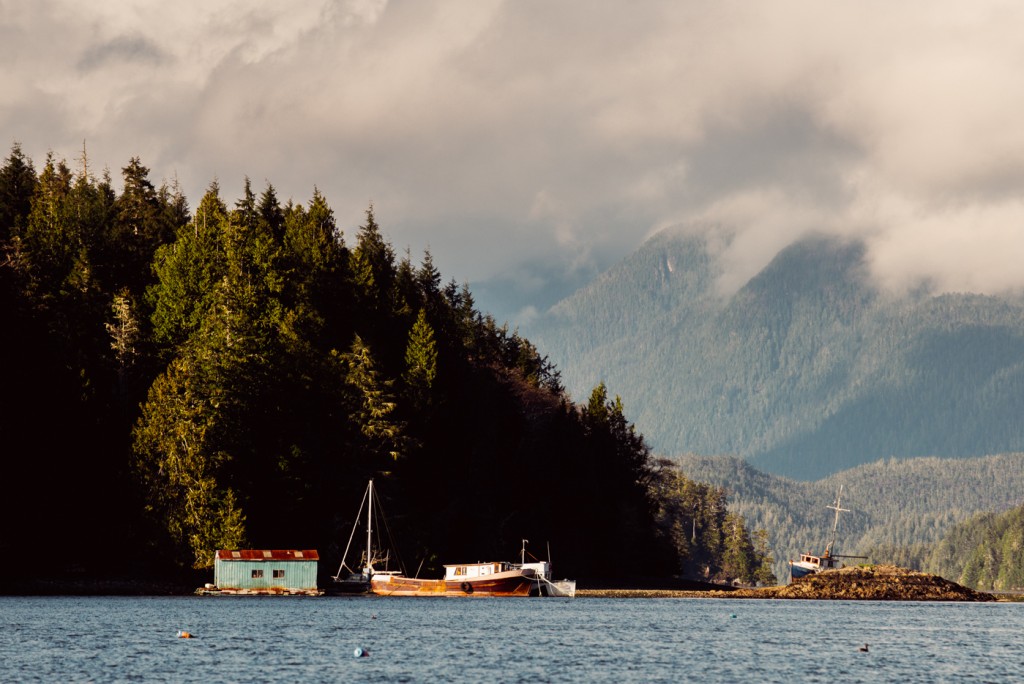
About Vancouver Island
Vancouver Island is a sparsely populated area that encompasses one of the world’s most diverse ecosystems. Consisting of rainforests, marshes, meadows, stunning beaches, rives, oceans, mountains and lakes; Vancouver Island offers an abundance of wildlife that call this sensational place their home. This region offers one of the world’s premier locations for whale watching, bird watching and of course, world class salmon fishing.
Exploring Beautiful British Columbia
Vancouver Island

Vancouver Island is the largest island on the west coast of North America and is the largest pacific island anywhere east of New Zealand. There are around 800,000 residents living on this island according to the 2016 Census Profile from Statistics Canada, with many living in the capital of Vancouver Island, Victoria.
With much of the island being protected parkland and having two of the seven national parks in all of Canada in this region, it contains a lot of untouched beauty, including old-growth fir and cedar forests which harbour rare species such as the Garry oak and naturally occurring groves.
Vancouver Island is a sparsely populated area that encompasses one of the world’s most diverse ecosystems. Consisting of rainforests, marshes, meadows, stunning beaches, rivers, oceans, mountains and lakes; Vancouver Island offers an abundance of wildlife that call this sensational place their home.
The climate of Vancouver Island is moderate, with no extremes in any of the seasons. Therefore it remains damp but mild with the majority of precipitation occurring during the winter months from November through April. The precipitation levels range from around 0.8m in the SE lowland surrounding Nanaimo to well over 3m in the mountains surrounding the western flanks but returns to the Pacific through a number of of short, rapid-flowing rivers.
